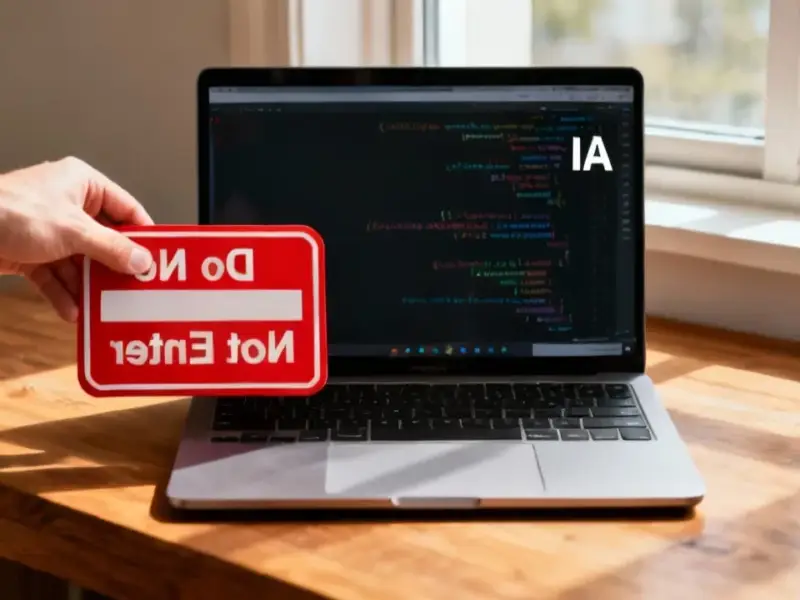According to Fortune, Meta has prevailed in its historic antitrust case against the FTC, avoiding what could have been a forced breakup of Instagram and WhatsApp. U.S. District Judge James Boasberg ruled Tuesday that Meta does not hold a monopoly in social networking, rejecting the FTC’s argument that the company maintained dominance through anticompetitive acquisitions. The decision comes after the FTC pointed to Mark Zuckerberg’s 2008 strategy that “it is better to buy than compete” and cited emails from before Facebook’s $1 billion Instagram acquisition in 2012 and its $22 billion WhatsApp purchase in 2014. Judge Boasberg specifically noted that the social media landscape has changed dramatically since the FTC filed its lawsuit in 2020, with TikTok now holding “center stage as Meta’s fiercest rival.” The ruling represents a major victory for Meta following recent antitrust losses by Google in both search and online advertising cases.
The landscape has fundamentally changed
Here’s the thing that really doomed the FTC’s case: the world they were arguing about doesn’t exist anymore. Judge Boasberg basically said the FTC was fighting the last war while ignoring the current battlefield. He quoted Greek philosopher Heraclitus about never stepping in the same river twice, and that’s exactly what’s happened here. When the FTC filed this lawsuit back in 2020, TikTok was already massive but apparently not even mentioned in earlier dismissals. Now? It’s the 800-pound gorilla that’s eating everyone’s lunch.
Zuckerberg’s careful testimony
During his April testimony, Zuckerberg walked a tightrope with those damning emails the FTC kept bringing up. We’re talking about documents from over a decade ago where he and his team discussed buying Instagram to neutralize a competitive threat. Zuckerberg’s defense was essentially “yeah, I wrote that, but I was just thinking out loud in the early stages.” He argued those emails didn’t capture his full thinking. It’s a classic case of corporate leaders having to explain away their own words from years past. But honestly, doesn’t everyone say things in private emails they’d rather not see in court?
The bigger regulatory picture
This Meta win stands in stark contrast to what’s happening with Google’s antitrust troubles. The tech regulatory environment is becoming incredibly fragmented—some companies are getting hammered while others skate through. The FTC’s narrow market definition really hurt their case here. They wanted to exclude TikTok, YouTube, and even Apple’s messaging services from being considered competitors to Instagram and WhatsApp. That seems… questionable at best given how people actually use these apps today.
So what happens now?
The FTC could appeal, but they’ve already lost two previous attempts to get this case dismissed. They’re facing a judge who clearly thinks their arguments don’t reflect current reality. Meanwhile, Meta gets to keep its empire intact while continuing to battle TikTok for dominance. The real question is whether this ruling will embolden other tech giants facing similar challenges. One thing’s for sure—the regulatory battles aren’t going away, they’re just getting more complicated as the technology landscape keeps shifting beneath everyone’s feet.




